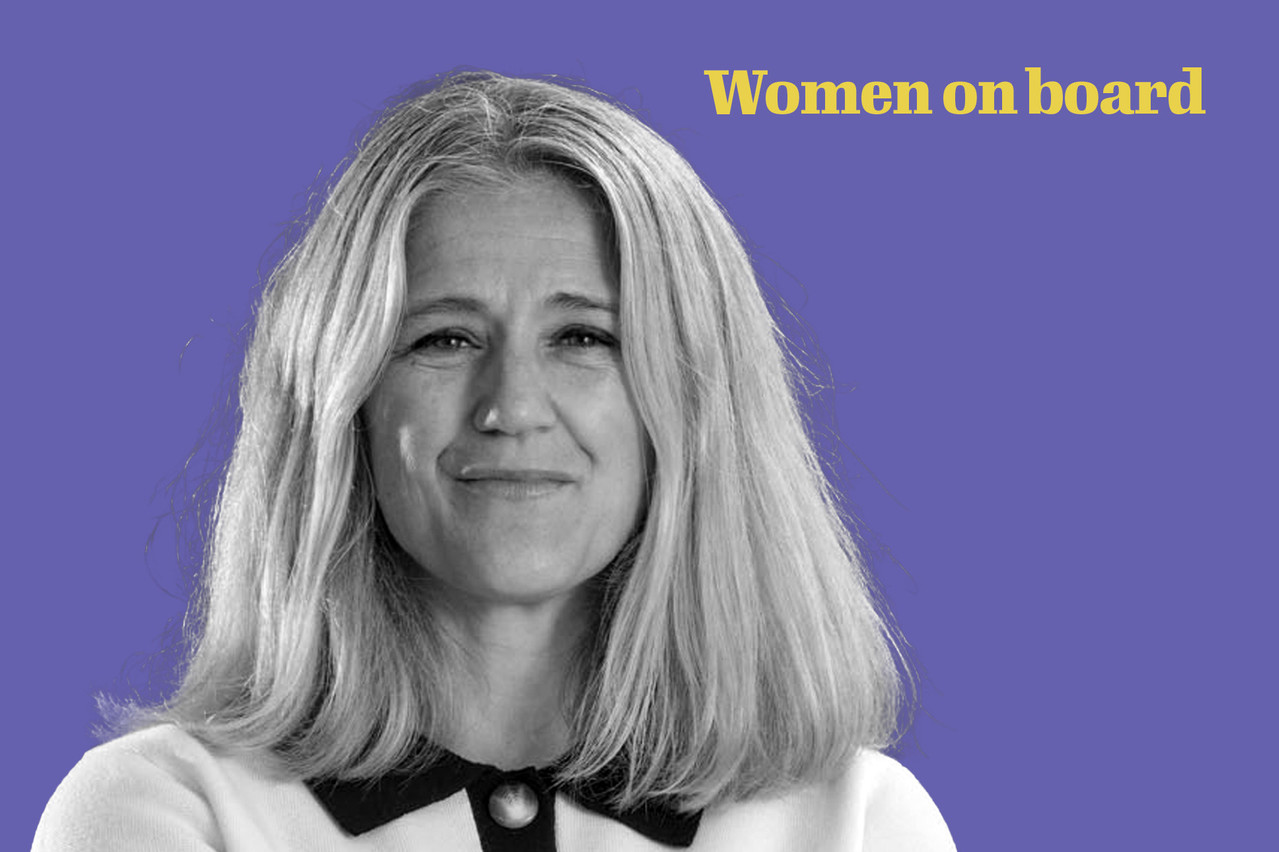Specialising in investment funds, asset servicing, banking and management, Yasmine Din is head of client relations at BNP Paribas Luxembourg. She proposes practical solutions to improve representativeness in decision-making bodies.
Paperjam: How do you deal with any resistance or scepticism towards you?
Yasmine Din: Through involvement, responsibility and communication.
Do you think gender equality is progressing on boards?
Yes, and for several reasons. The European Union has adopted binding texts to reduce pay inequalities and increase the representation of women on boards of directors. Some companies, like ours, have introduced real indicators to monitor progress. They have signed up to charters such as Women in Finance and taken real public decisions such as “Never Without Them,” which calls on us to decline any panel of more than three people if it does not include at least one woman. I think that one proof of the maturity of companies in this area is their ability to communicate publicly on the subject, to show the facts. This raises their profile, reinforces their policy in favour of diversity and inclusion and creates competition in the marketplace. It also tends to put those who don’t yet have this fairness reflex out of the game.
What do you think of quotas for women on boards of directors?
Quotas are effective in achieving numerical parity between women and men. But they have no miracle effect they’re not the solution for equality. They indicate trends, but it’s the underlying culture that’s important. I prefer women to be recognised for their initiatives rather than for the percentage they represent in a company.
As a female director, do you feel you have a particular responsibility to defend parity and inclusion?
It’s everyone’s role to defend the issues of parity and inclusion. Nonetheless, I enjoy being a role model for others, inspiring them by showing them that it is not only possible, but also normal, to exercise the same responsibilities as our friends, the men.
In your opinion, how does diversity influence the performance of a board of directors?
Diversity brings a variety of perspectives, experiences and skills, which can enrich debates and decision-making. Members from different backgrounds can bring innovative ideas and creative solutions to the problems faced by the company. The more diversity there is at all levels of the company, the more likely we are to be on the same wavelength as our customers and other partners.
What solutions or policies do you think could encourage greater parity?
Monitoring is one, and recognising companies that play the game could be another. Labels, for example, could be a gateway to business. Imagine if invitations to tender could only be sent to companies that are recognised by a label such as the INDR’s label for socially responsible companies (for which gender diversity is one of the criteria for obtaining the label).
What advice would you give to a woman who is hesitating to start her own business?
One: train yourself. Two: network and meet role models. Three: be daring! I would advise her not to compare herself to others, but to compare herself to what she was yesterday and what she wants to be tomorrow. This will help her identify what she needs to achieve her goals. And often the gap is smaller than she thinks. Just go for it! If you wait until you’ve mastered everything before moving forward, you’ll be stuck on the platform. The train doesn’t always go by more than once.
This article in French.
